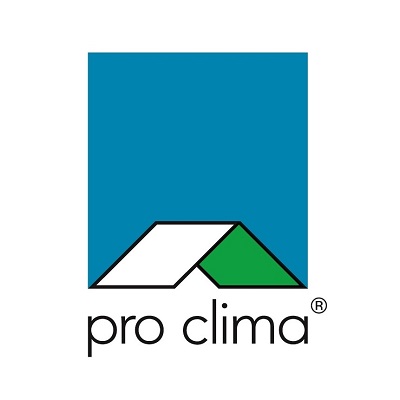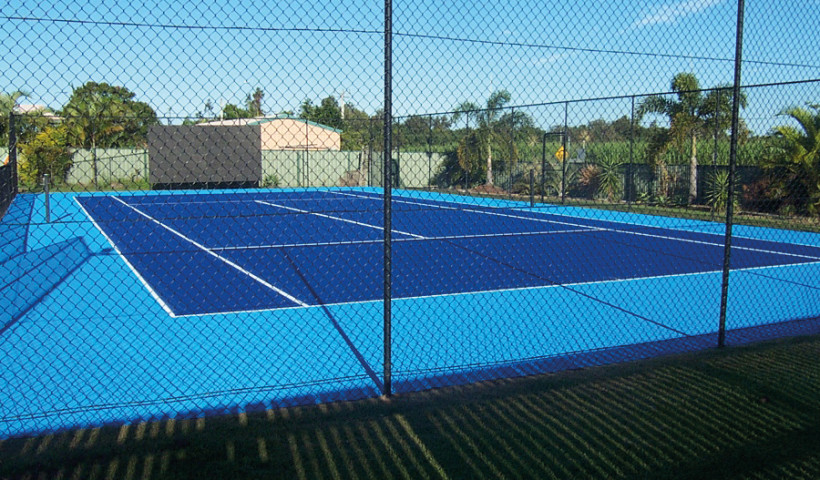 NEW
NEW
An Environmental Product Declaration (EPD) is a certified assessment of the environmental impact of a product, including its packaging. Based on international standards and independently verified, it is widely recognised by industry and governments.
Resene now has EPDs available for these Eco.Choice approved products:
- Resene Aquaclear, waterborne urethane, used to protect interior timber walls, ceilings, furniture and more, either on its own or with a Resene Colorwood wood stain finish or Resene Colour Enhance.
- Resene Colorwood, waterborne interior wood stain, used on interior timber walls, flooring, ceiling, furniture and more to rejuvenate and enhance timber colour.
- Resene Limelock, a cure and seal product that enables earlier topcoating of fresh plaster.
- Resene Lumbersider, low sheen waterborne paint, most used on exterior weatherboards, fences and landscaping.
- Resene Lustacryl, semi-gloss waterborne enamel, used on trim, joinry and cabinetry.
- Resene Quick Dry waterborne primer undercoat, used on timber surfaces inside and out.
- Resene Sonyx 101, semi-gloss waterborne paint, used on exterior walls.
- Resene SpaceCote Flat, waterborne enamel, used on ceilings throughout an interior and in areas such as master bedrooms.
- Resene SpaceCote Low Sheen, waterborne enamel, used on walls throughout an interior.
- Resene Summit Roof, waterborne paint, used on roofs.
- Resene X-200, weathertight membrane, a higher build finish used on exterior walls.
- Resene Zylone Sheen, waterborne paint, used throughout dry area interior walls.
These are all registered with EPD Australasia and can be viewed on their website or via www.resene.com/epd.
How are EPDs recognised?
EPDs registered with EPD Australasia are recognised by the Green Building Councils of Australia (GBCA) and New Zealand (NZGBC) as well as the Infrastructure Sustainability Council.
The GBCA recognises that EPDs may be used by project teams using the Design and As Built and Interiors rating tools to obtain Green Star points under the following credits in their legacy tools:
- Materials > Product Transparency and Sustainability.
- Materials > Life Cycle Assessment: By providing data for an EN 15978 compliant whole-of-building whole-of-life assessment.
- Innovation Challenge > Responsible Carbon Impact: By providing embodied carbon impacts (i.e. data on Global Warming Potential) which can be used in the calculation and reduction of the total embodied carbon impacts of a project.
Australasian EPDs are also recognised for credits under the Materials category in the Infrastructure Sustainability (IS) rating scheme of the Infrastructure Sustainability Council of Australia (ISCA).
The NZGBC has included EPD credits within its Innovation Challenges for project teams using any Green Star tools. All Australasian EPDs meet their requirements.
Australasian EPDs can also be used to help project teams achieve points for Material Life Cycle Impacts within its Innovation Challenges credit.











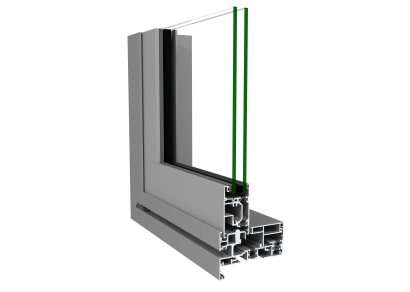
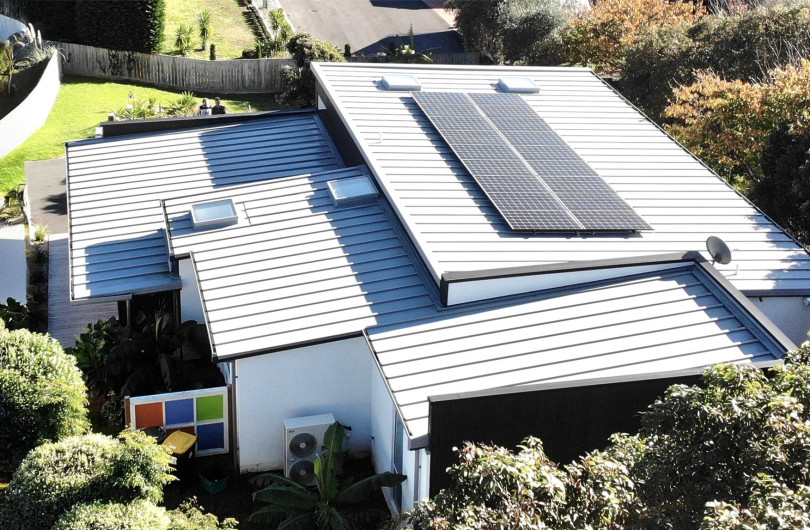
 New Products
New Products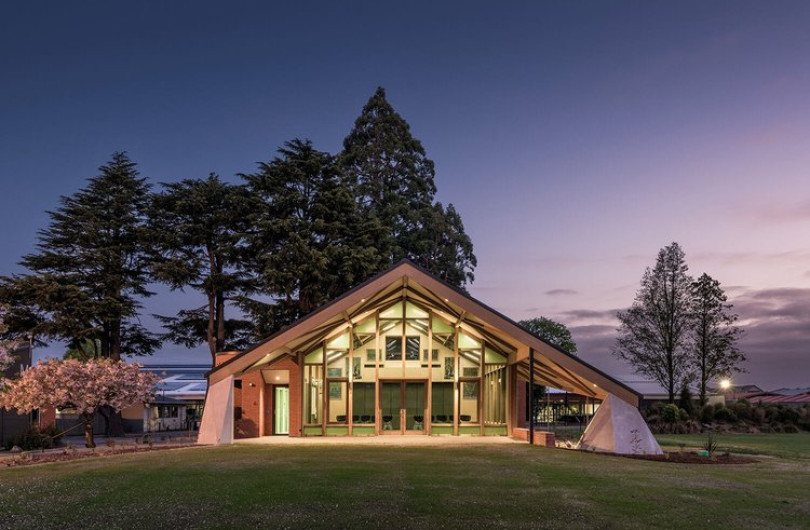


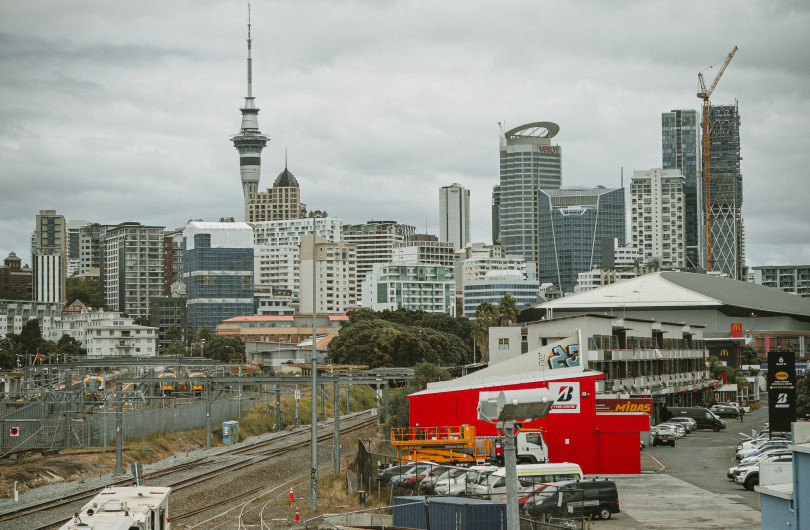

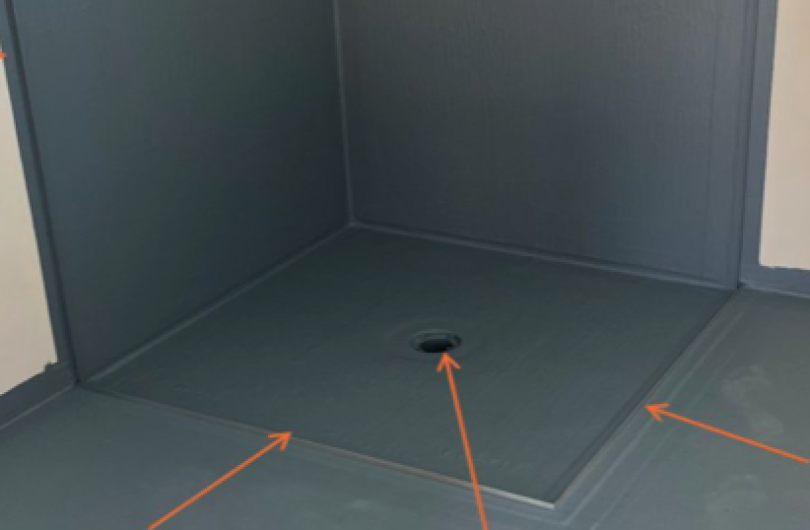




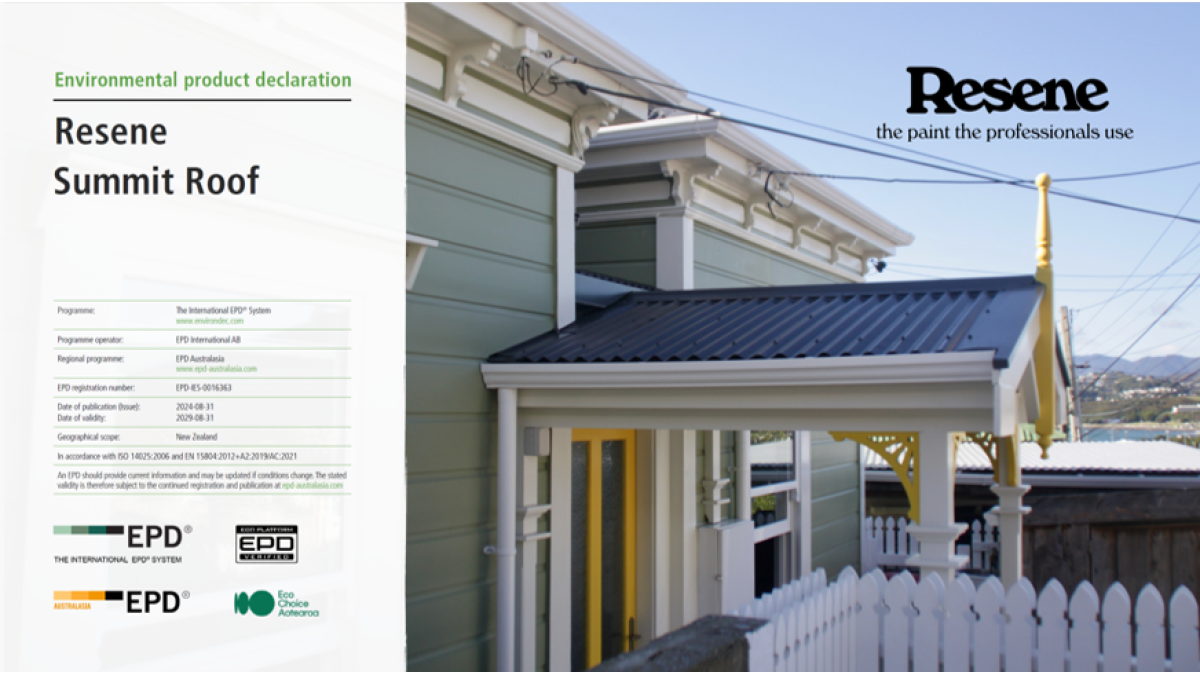


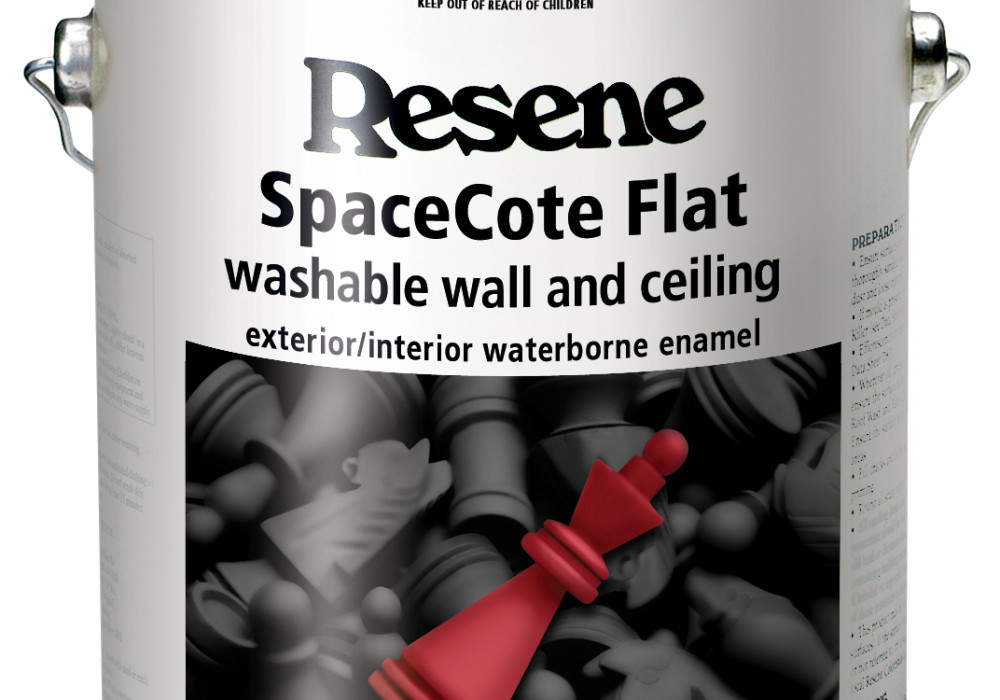
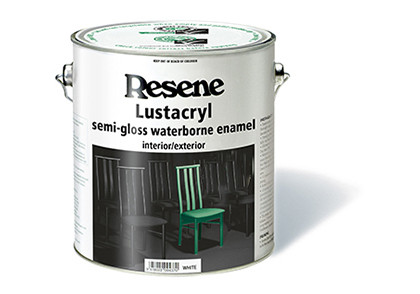
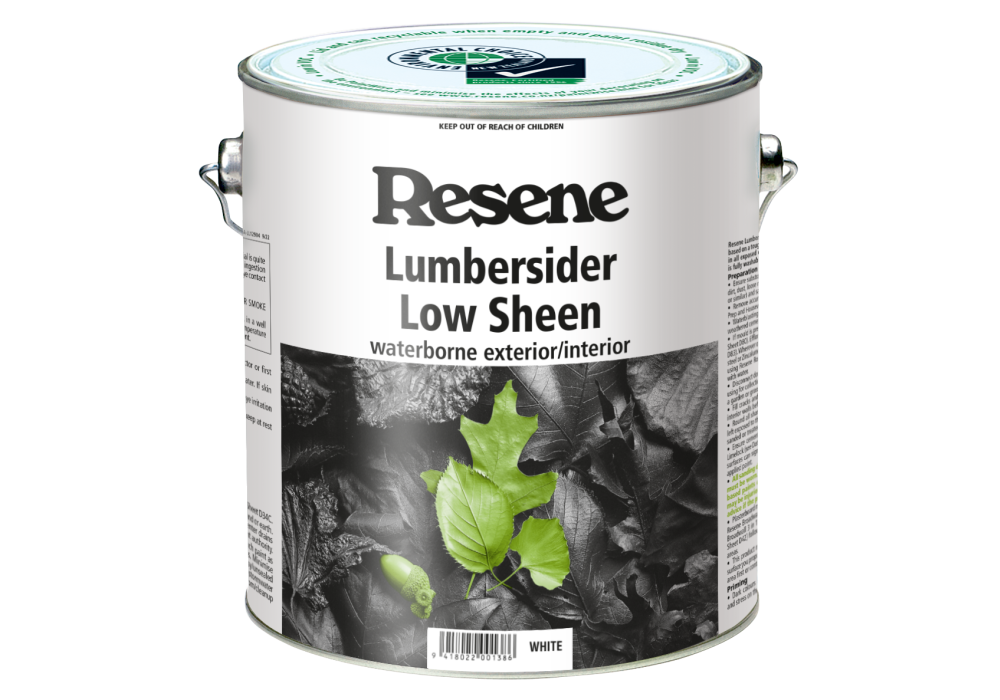

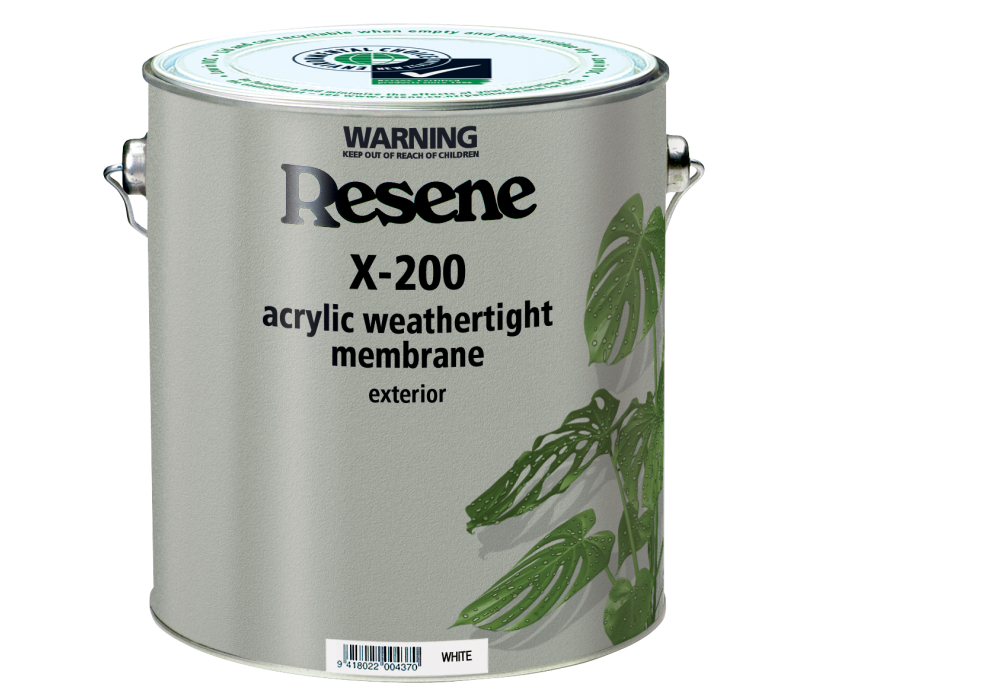
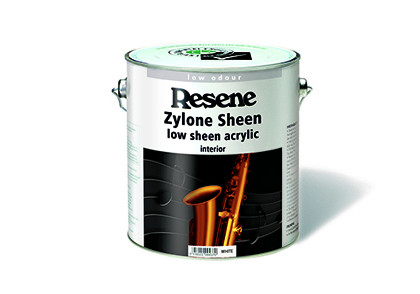
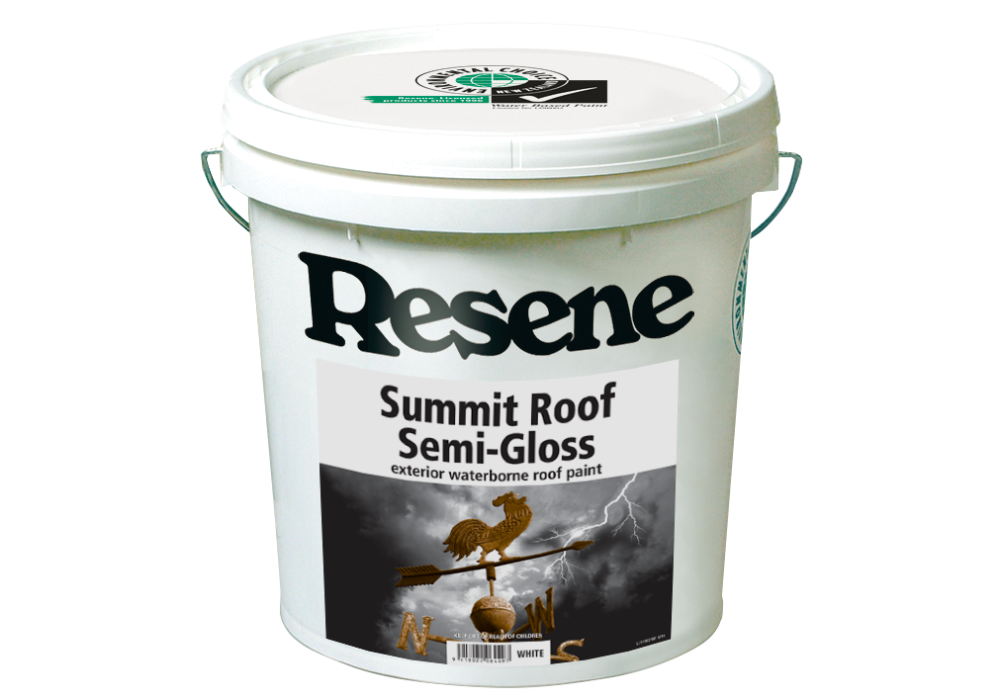
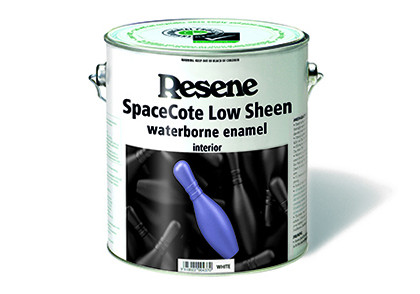
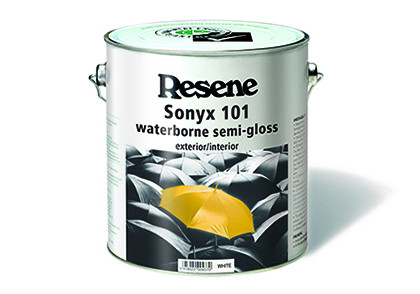
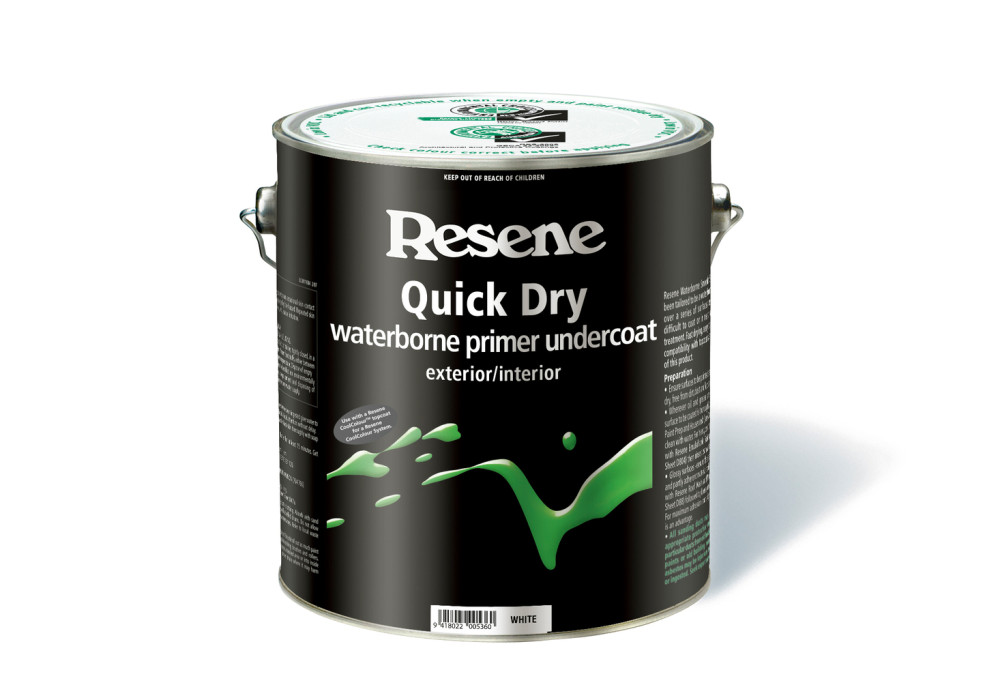
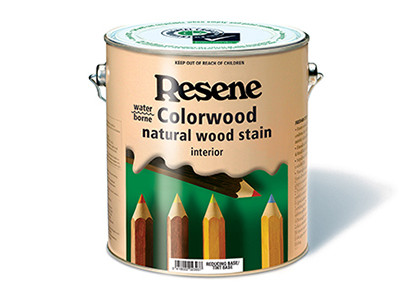
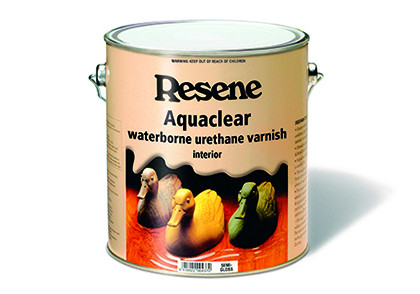

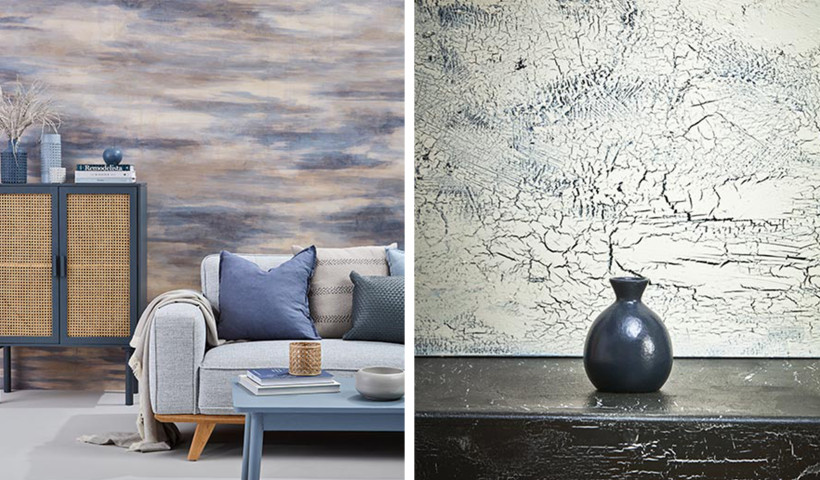

 Popular Products from Resene
Popular Products from Resene


 Posts by Resene Technical
Posts by Resene Technical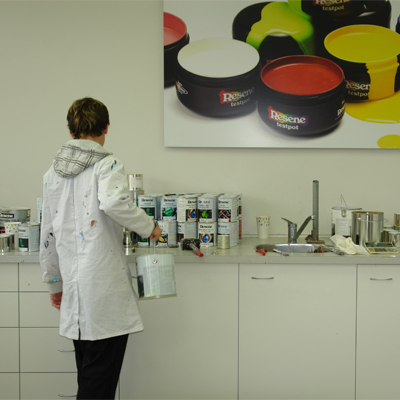
 Most Popular
Most Popular


